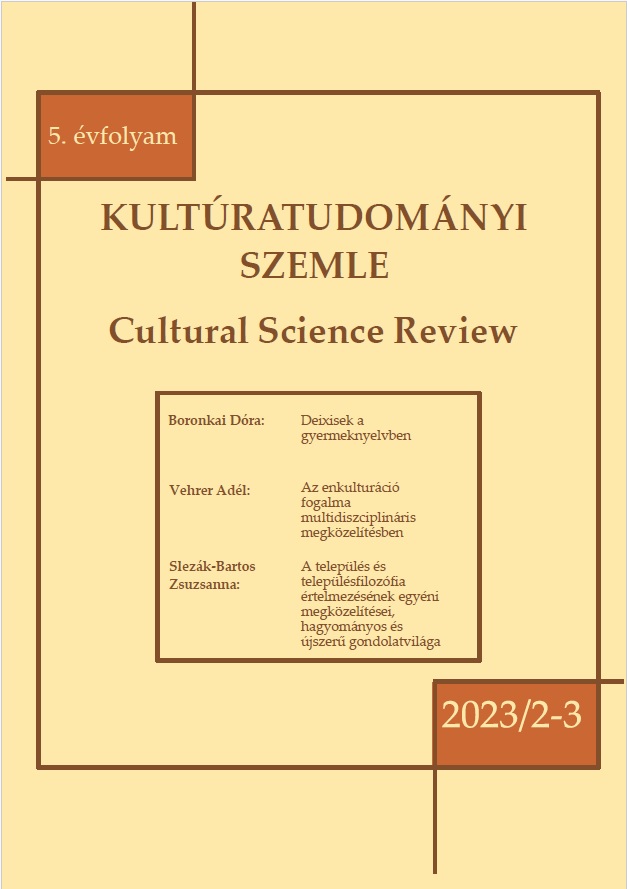A település és településfilozófia értelmezésének egyéni megközelítései, hagyományos és újszerű gondolatvilága
DOI:
https://doi.org/10.15170/KSZ.2023.05.02.03Abstract
Today, residents have ever higher expectations about their settlement. To do this, they need to be aware of the values and potential of their place of residence. First of all, local people need to be made aware of the values of the city, as their positive perception of the town's liveability has a multiplier effect on its image. Settlements are central sites of social interaction and relationships, influencing people's quality of life, well-being and happiness. The philosophy of settlement helps us to understand how to design and develop cities that support community life, promote social equality and give space for cultural diversity. and also plays an important role in promoting social justice and inclusive settlement development. Settlement ethics or urban ethics deals with the moral issues of cities, settlements and their inhabitants, along with urban planning, development and policy. It addresses important issues such as justice, equality, sustainability, cultural diversity, environmental awareness and communal participation in the communities of settlements.

